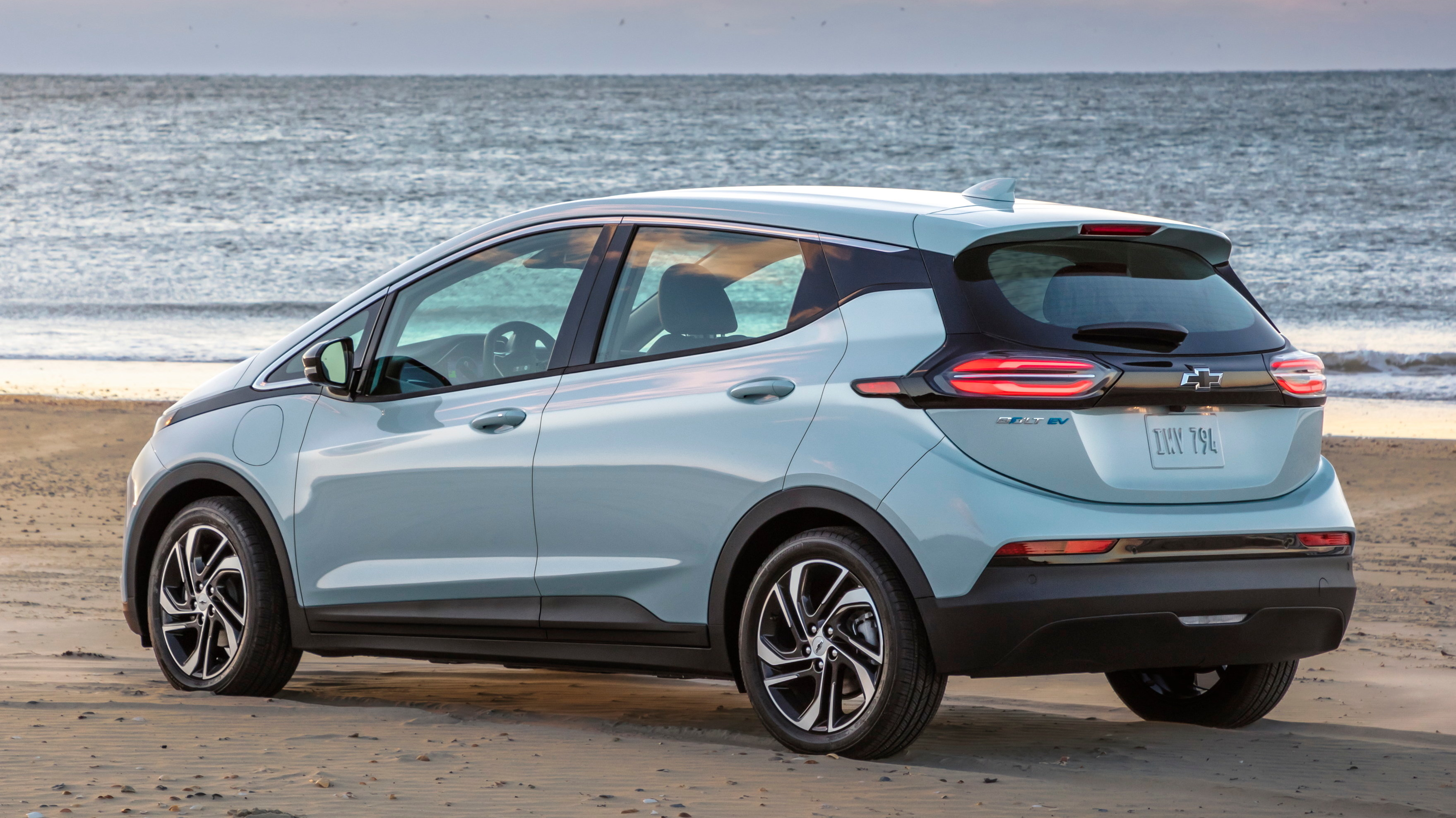The 2022 Chevy Bolt Might Just Have A Chance
Chevy showed off the new Bolt and Bolt EUV over the weekend, which will fight the Tesla Model 3 and Model Y, respectively. The play seems to be almost entirely on price, given that Tesla has a superior charging network and probably cooler cars. That said, I like the look of the new Bolt and Bolt EUV.
Here are some photos of the new Bolt, which is pleasingly Honda Fit-like. Chevy introduced the new Bolt on Sunday. (I am sorry I am late to this news; it was a three-day weekend; on Sunday I was busy injecting alcohol into my veins.)
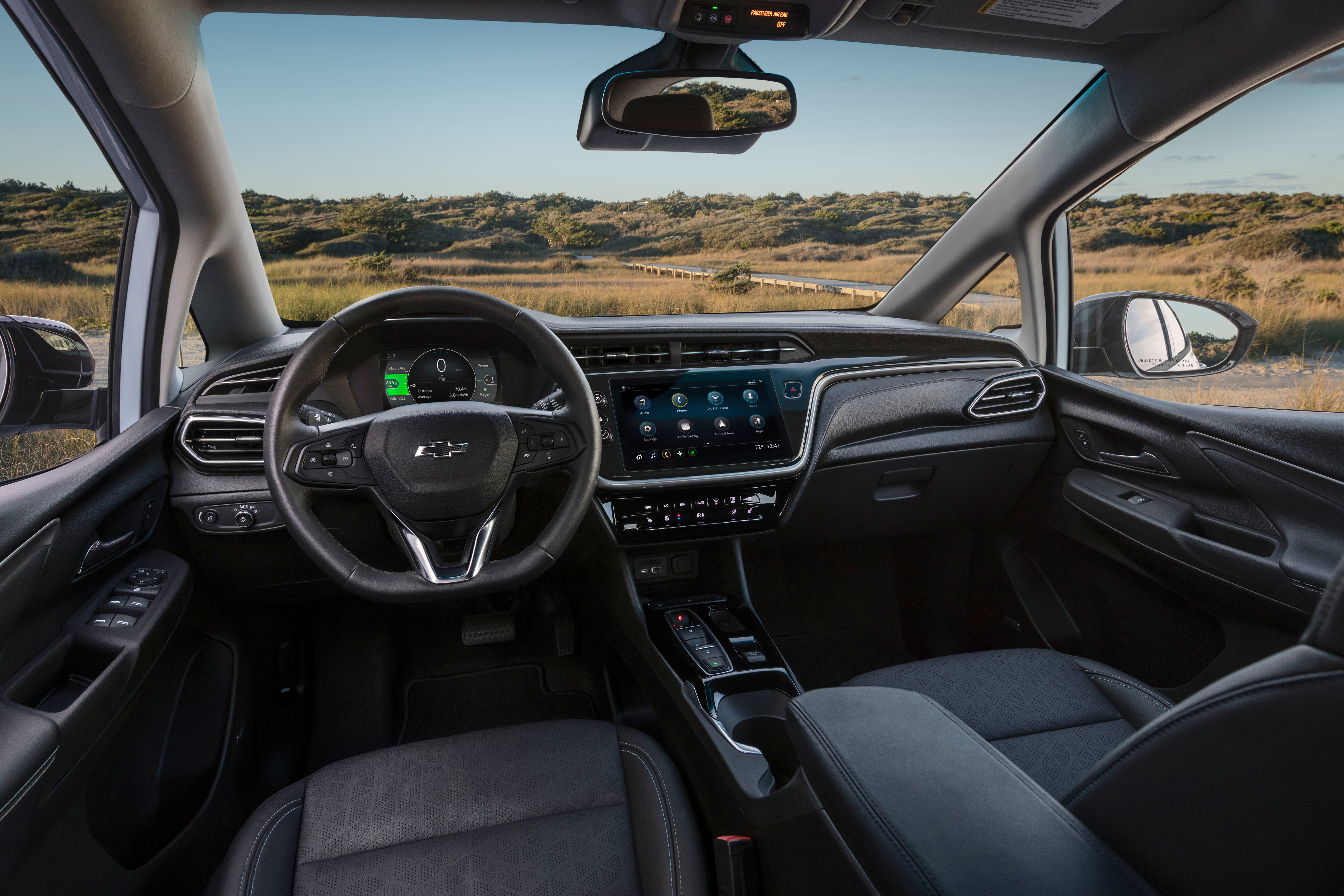
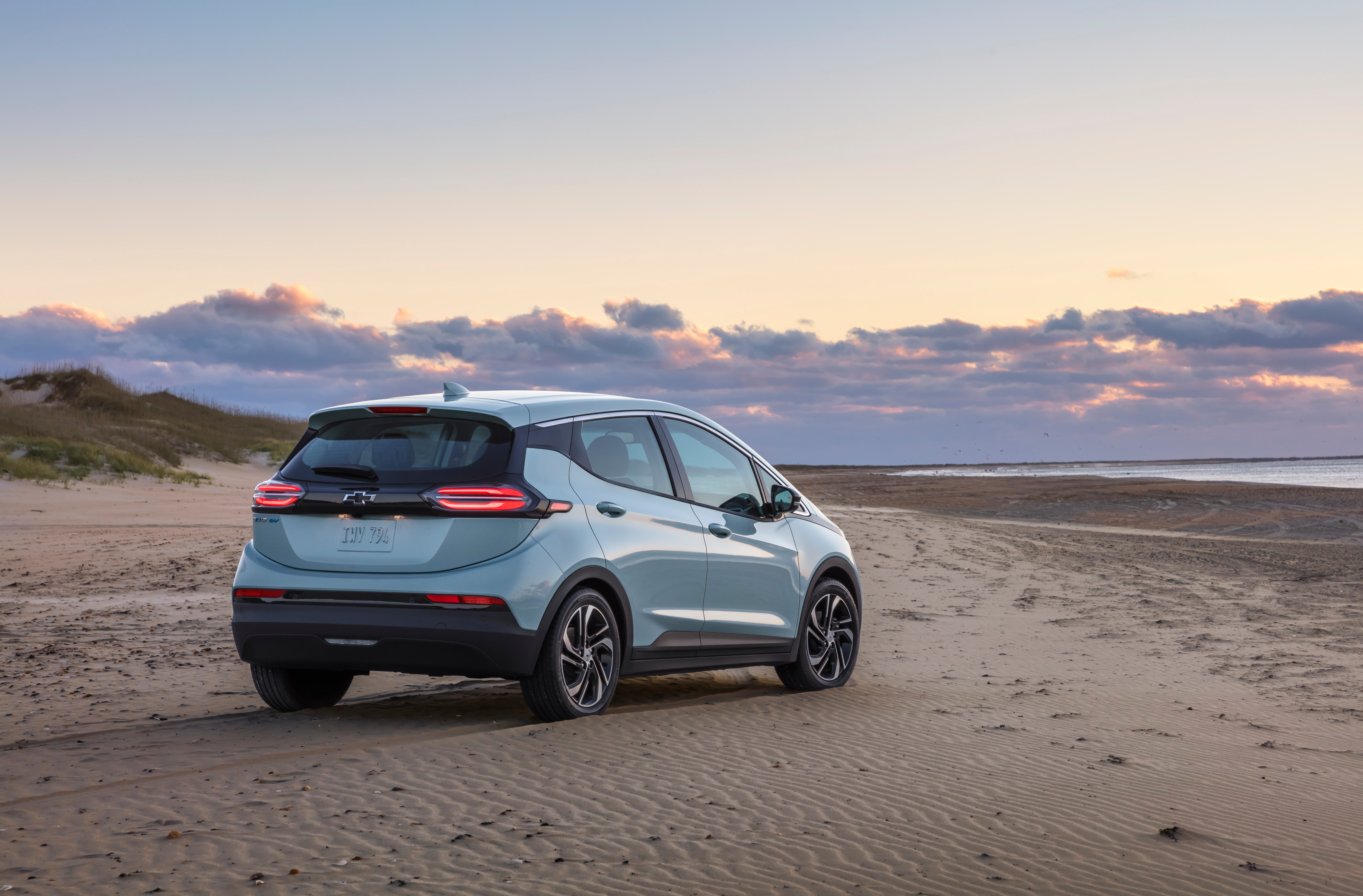
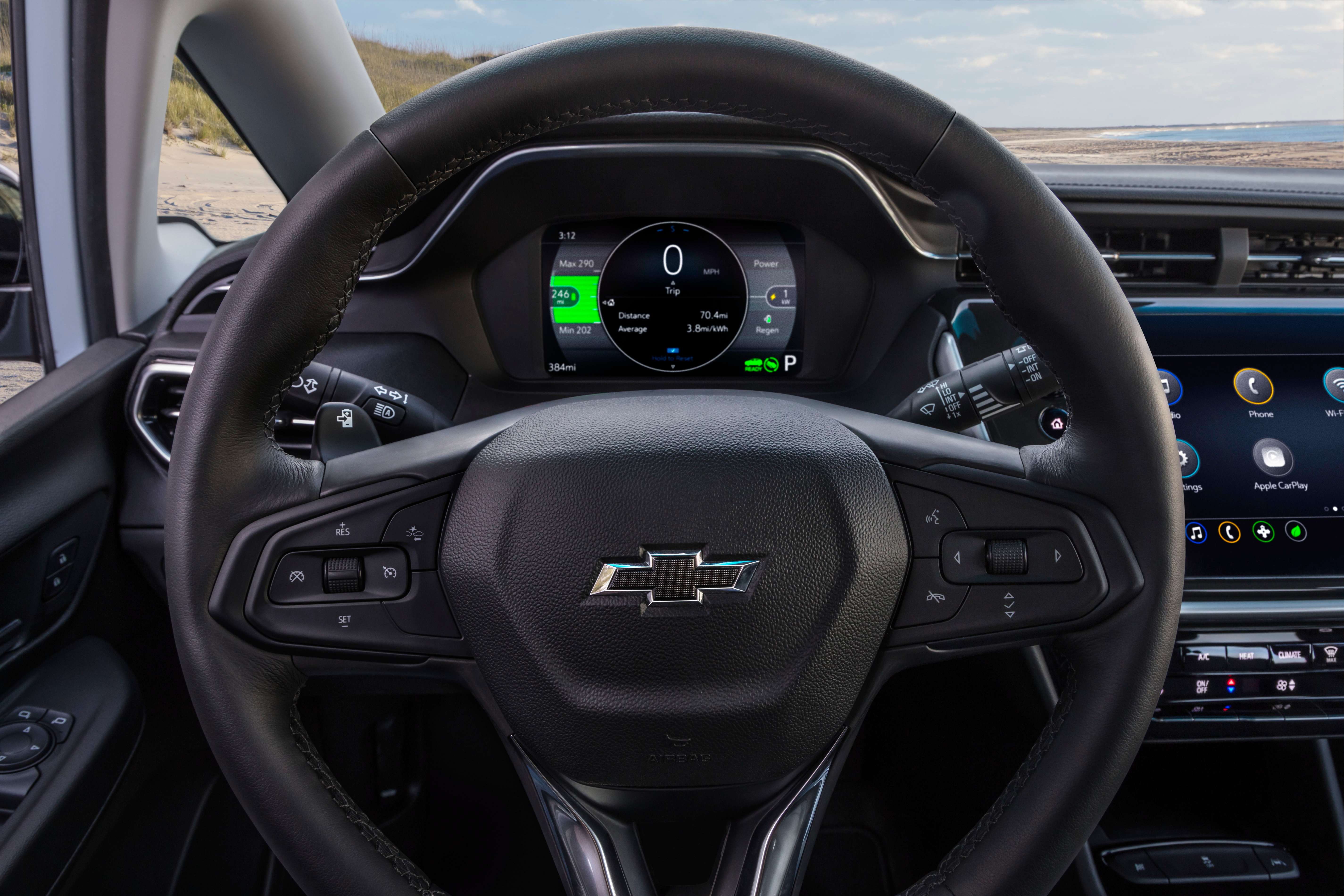
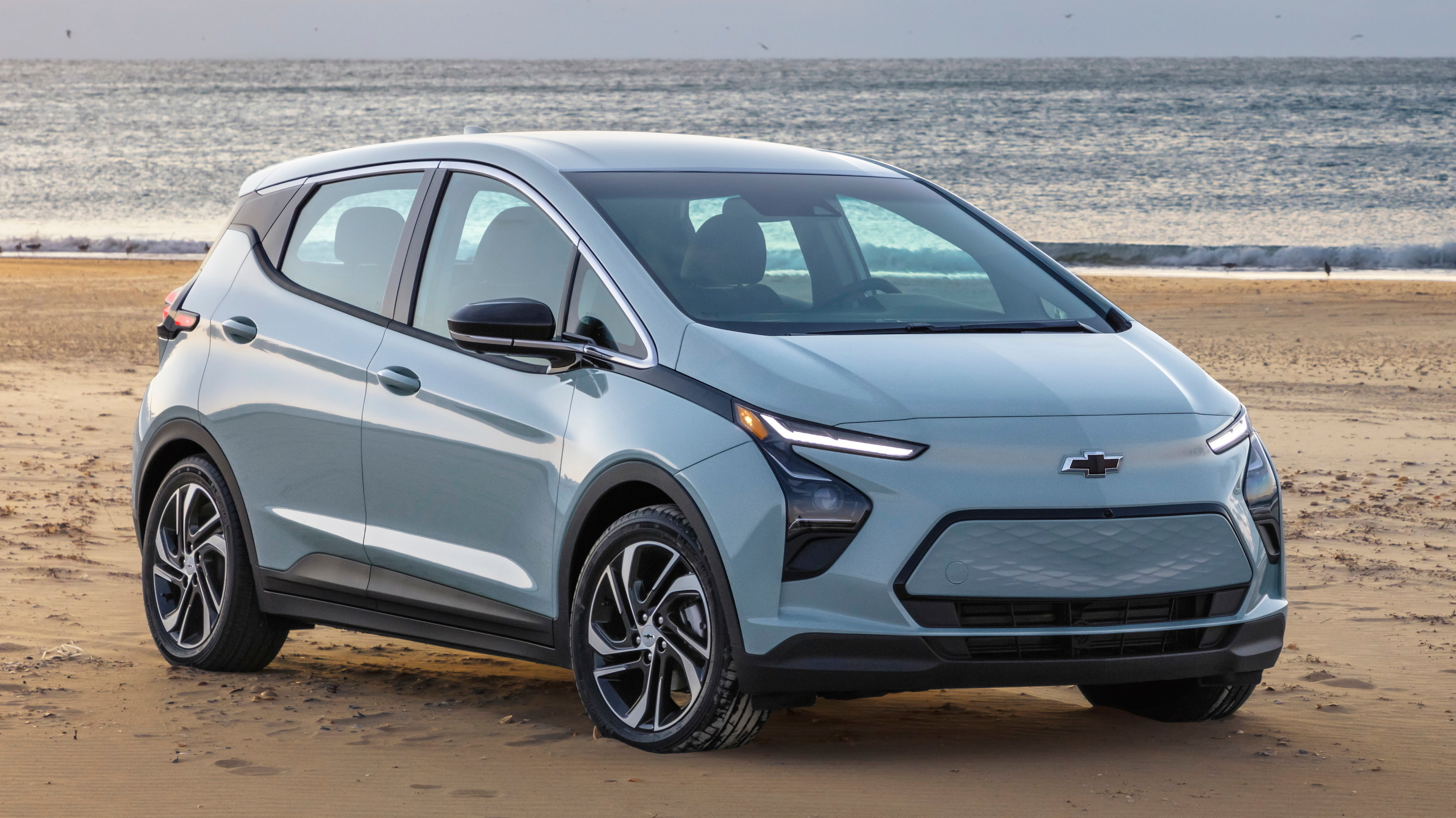
It also does the rear-seat-fold-down thing.
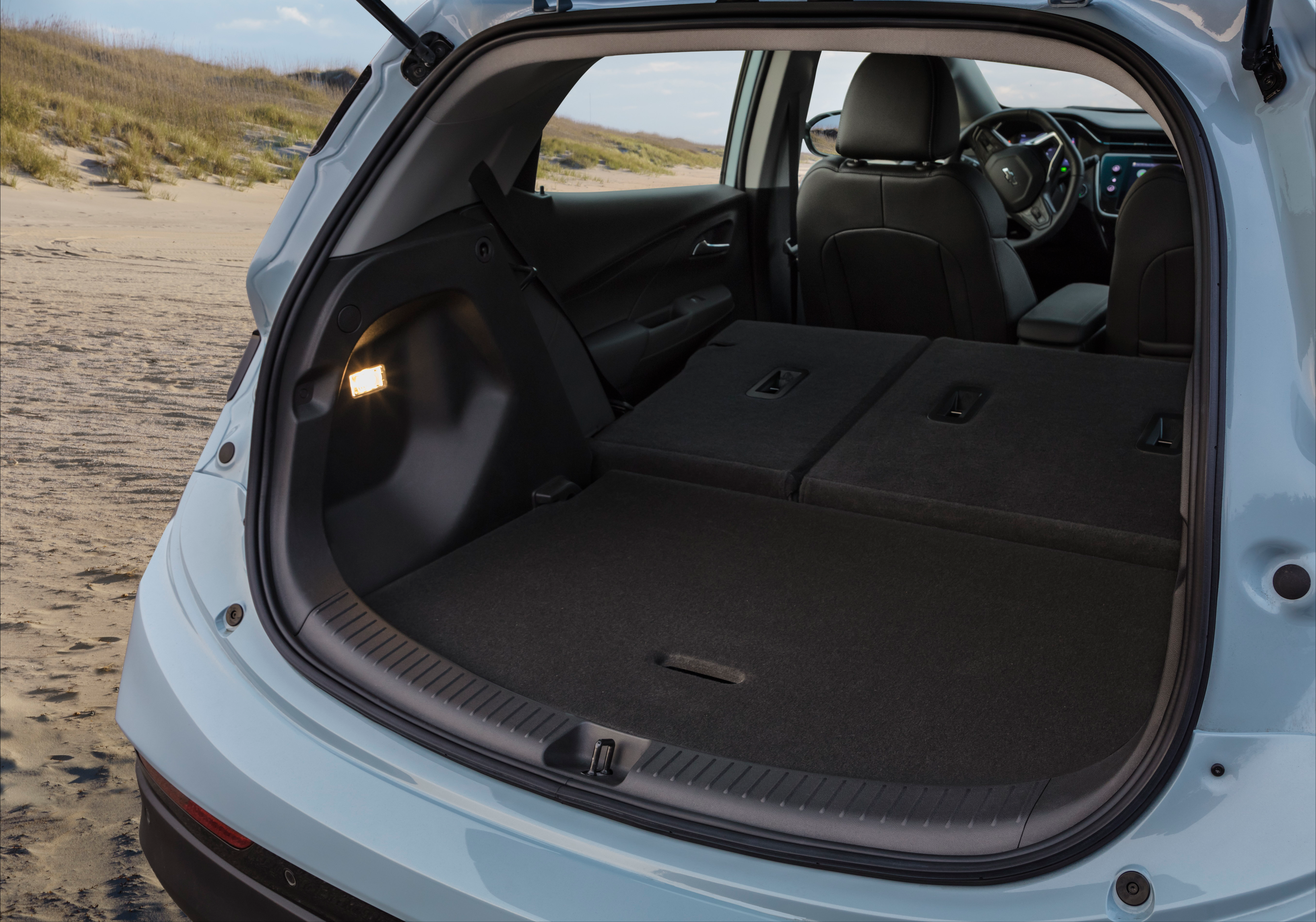
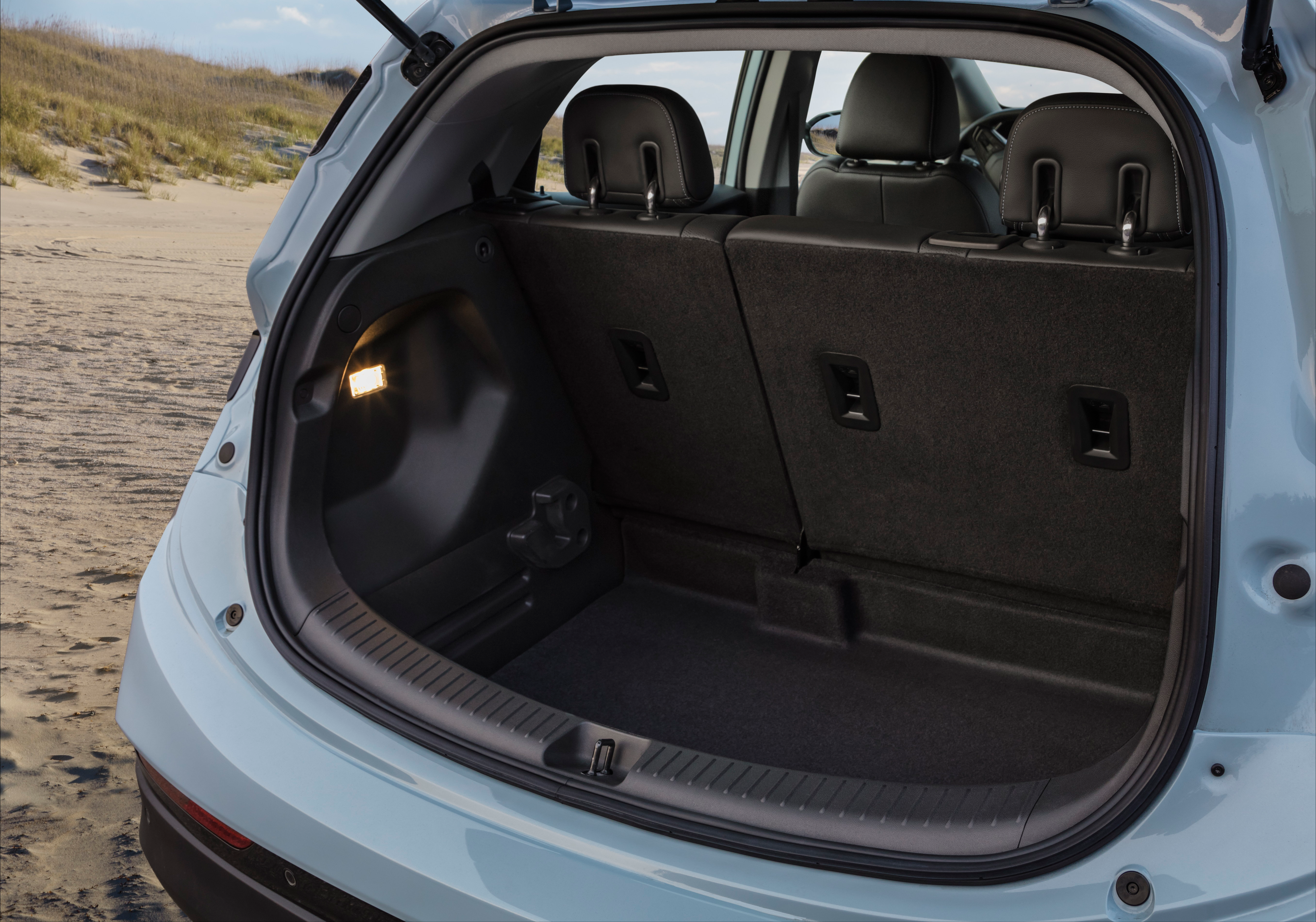
And here are some photos of the Bolt EUV, the new Bolt's sister car. You might have a hard time telling them apart, as I have had; this is probably fine, all Teslas look basically the same, too.
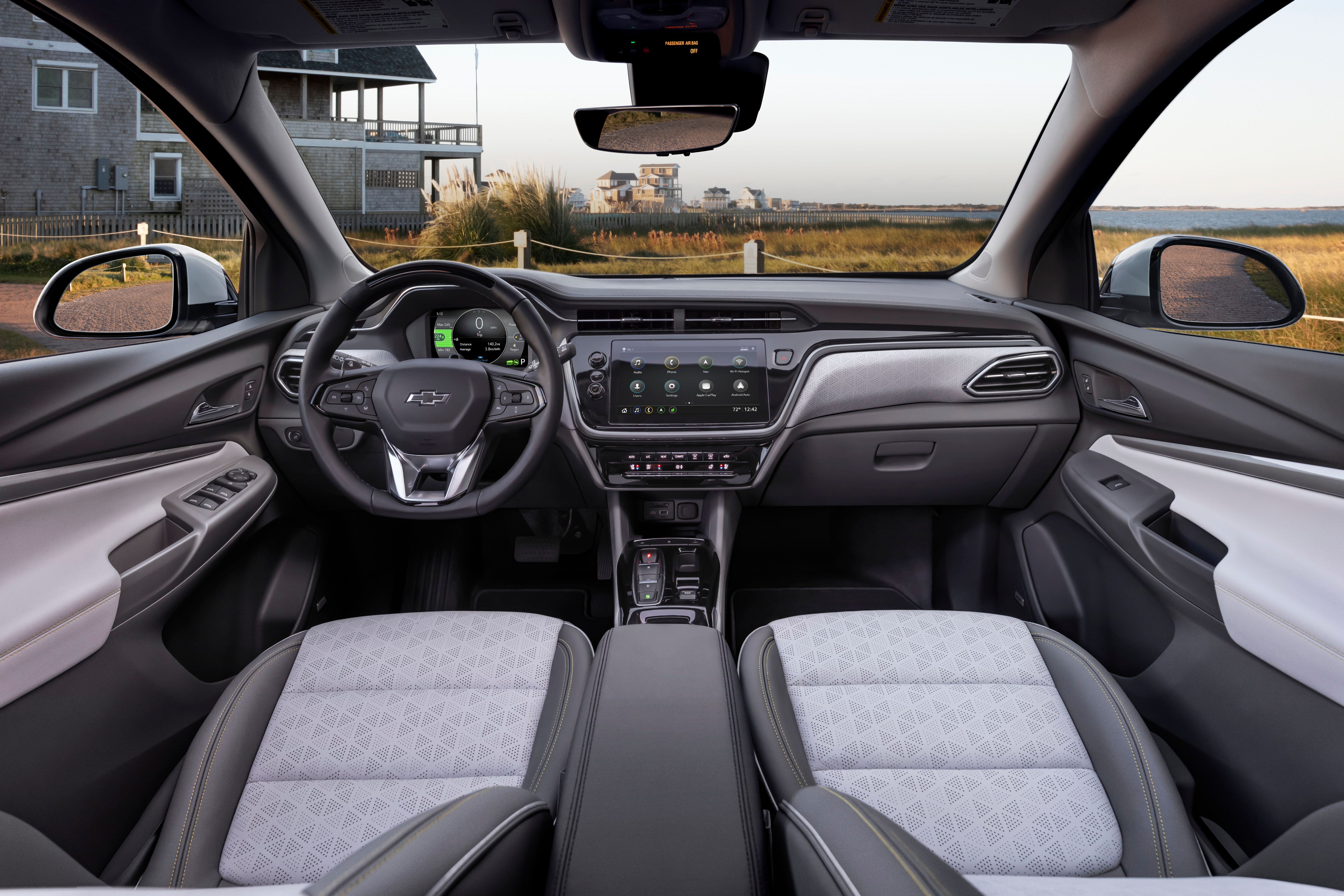

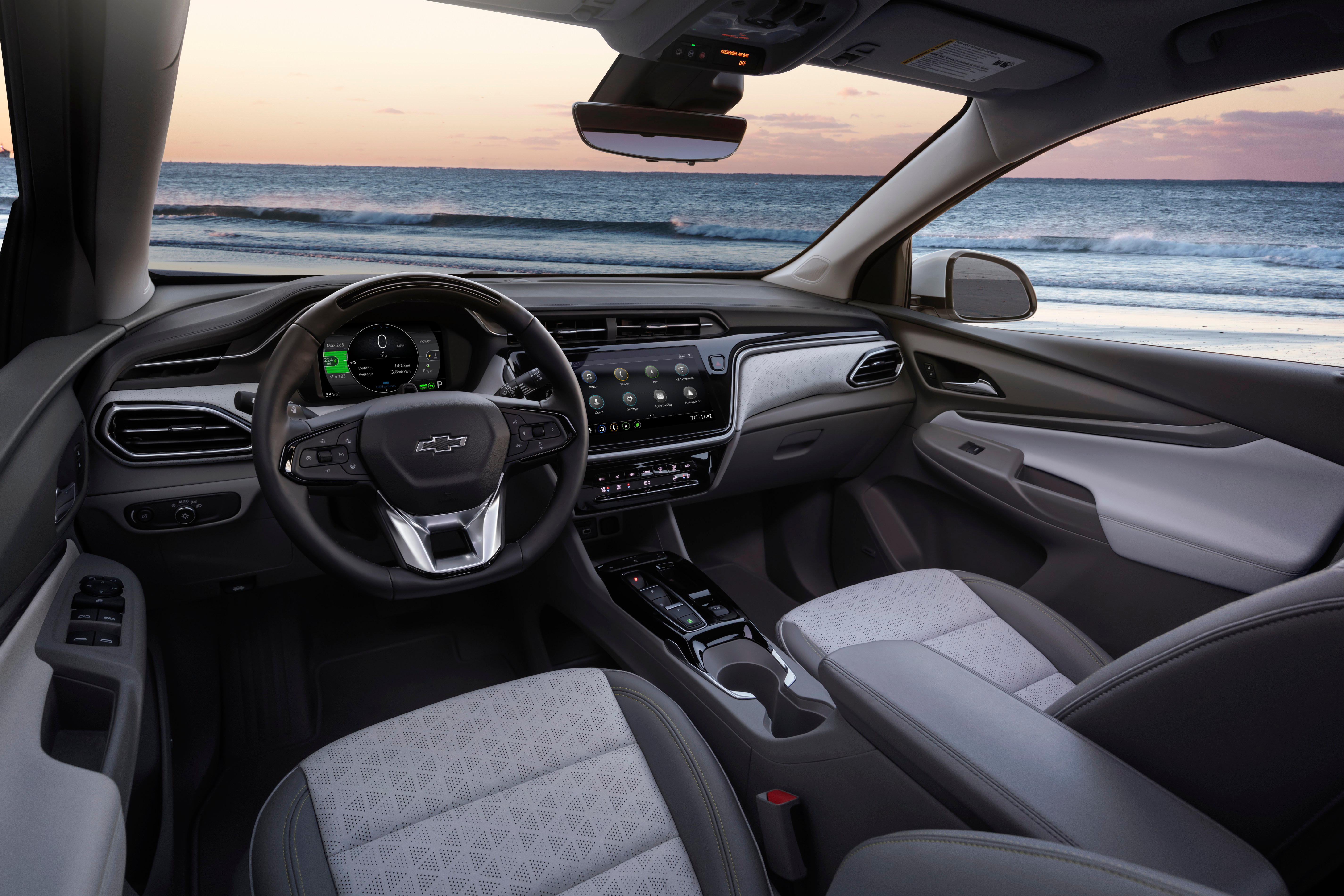
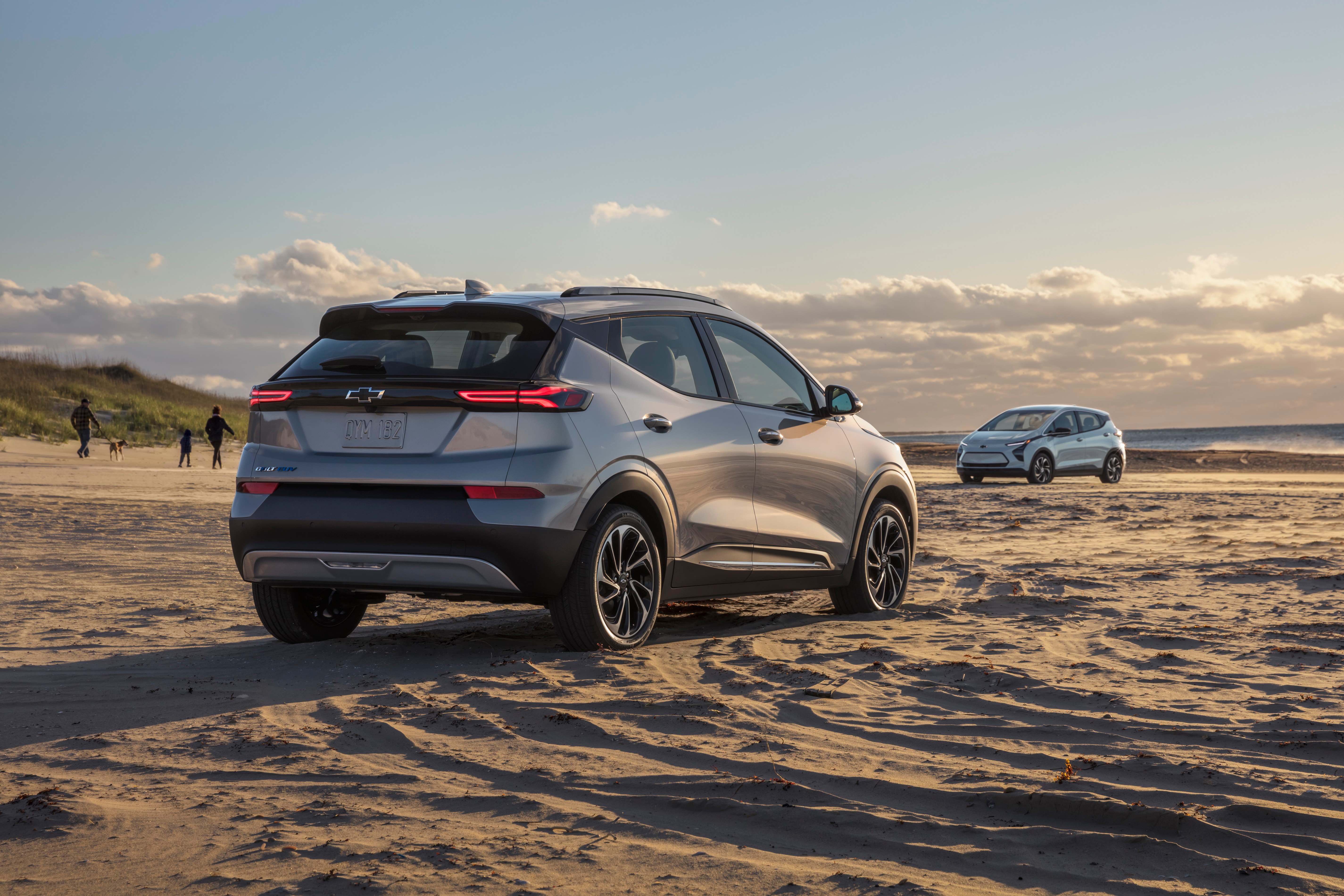
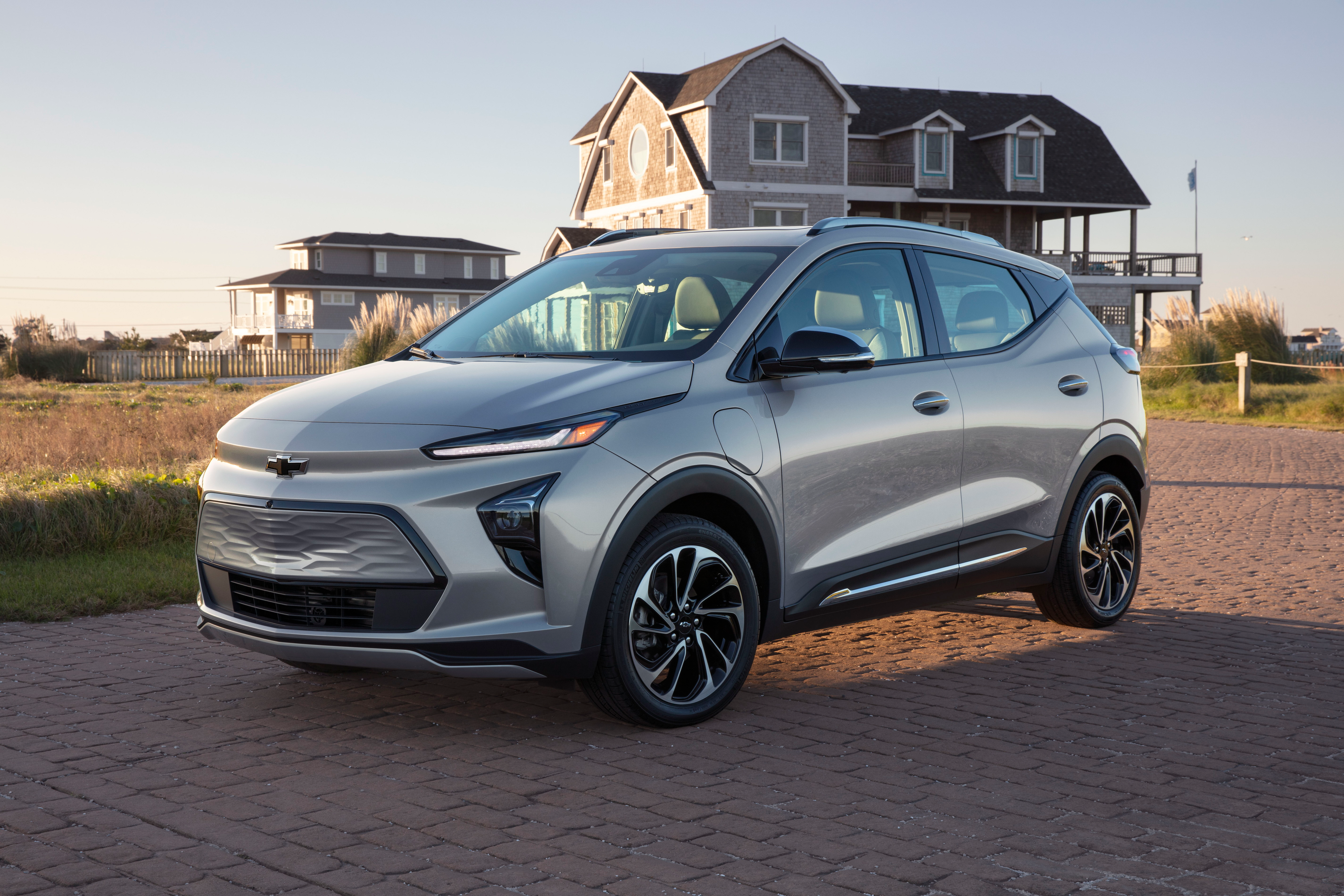
Chevy says the Bolt EUV will start at $33,995 including destination charges, while the Bolt will start at $31,995. While GM is no longer eligible for the $7,500 federal tax credit, lots of states offer their own incentives. And $31,995 is the kind of price that is almost getting us there in terms of an automaker offering an affordable EV in America.
Chevy will also offer Super Cruise, its semi-autonomous driving product first seen in Cadillacs (and a competitor to Tesla's Autopilot), in the Bolt EUV, which Chevy says is a first for a Chevy. Further, Chevy says it will pay for customers to install "Level 2" charging at their homes, which is ostensibly a way for Chevy to fight the fact that Tesla has a far better public charging network, though customers will still have to pay the increased electric bill.
The range on the Bolt is an EPA-estimated 259 miles, while the range on the Bolt EUV is an EPA-estimated 250 miles. The cheapest Tesla Model 3 is $37,990 with an EPA-estimated range of 263 miles, while the cheapest Model Y is $41,990 with an EPA-estimated range of 244 miles.
I guess I'm trying to talk myself into the 2021 Bolt and 2021 Bolt EUV having a chance, even though Chevy sold just 20,754 Bolts in the U.S. last year, while Tesla delivered around half-a-million Teslas globally. Thus, I will put this question to you: Does the 2022 Bolt and Bolt EUV have a chance?
I, for example, don't want to underestimate the number of people who do not want to buy a Tesla for rational or irrational reasons. And this could be one of the first true Tesla challenges on American soil, in terms of capability, price, and range, along with the Ford Mustang Mach-E and Volkswagen ID.4. Who ya got?
